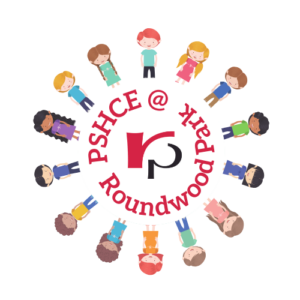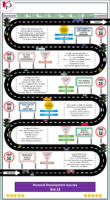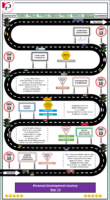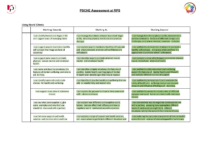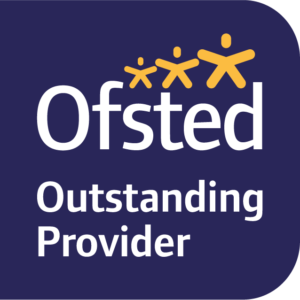Personal, Social, Health & Citizenship Education (PSHCE)
Our Vision
For students to be self-aware, healthy, safe and prepared for the challenges of life and to manage the opportunities and responsibilities they will face while growing up
Please take a look at our detailed Curriculum Map, or for a quick overview, our Learning Journey:
PSHCE at Roundwood Park is taught in a variety of ways which include dedicated PSHCE lessons, assemblies, specific events such as Diversity Week, National Careers Week, Mental Health Awareness Week and during tutor time.
In addition to careers ‘Future Options Days’, assemblies and talks, students in our Sixth Form have one tutorial session per week where they receive their PSHCE education. Overviews of which you can find below:
PSHCE is a crucial element of a young person’s education and our curriculum aims to provide students with a sound understanding of their role as citizens now and in the future, the opportunity to consider wider societal and personal issues and the ability to develop critical thinking. By the end of KS4 students will have developed the knowledge and skills they need to manage their lives both then and in the future, and to take their place in society as responsible citizens. Students will be able to make informed decisions on a variety of challenges, including understanding the risks involved with the use of drugs & alcohol, keeping themselves safe online and managing their physical and mental wellbeing.
In line with the Government’s Personal, Social, Health and Economic (PSHE) Education Guidance, RPS has committed to developing students’ awareness in three key areas (core themes):
- Health & wellbeing
- Living in the wider world
- Relationships
Core Themes Overview:
Health & Wellbeing
This section covers mental, physical and emotional wellbeing. Enriching understanding of what mental ill health can look like, healthy coping mechanisms that can be used to manage mental ill health and how to promote positive mental wellbeing in oneself and others. The topics developed further into looking at the links between physical and mental health and the impacts this can have on emotional wellbeing in the now and in the future.
Core theme includes: anti-bullying, mental health & wellbeing, puberty, drugs & alcohol education, exploring influence and maintaining a healthy lifestyle.
Living in the Wider World
This Core Theme covers the development of students as part of their wider community. Developing awareness of global issues, careers advice, effective money management and how to develop skills and aspirations. Students will also learn how developmental stages can influence personal change.
Core Theme includes personal finance, digital literacy, employability skills, the legal system, careers, values & global education.
Relationships
This section covers the development of healthy relationships and incorporates the statutory requirements of Sex and Relationships Education. The topic explores how to build healthy relationships with family and peers before looking at romantic relationships, consent, contraception/pregnancy choices and development of the family unit. The aim is to equip students with knowledge to make informed choices, behave in a respectful and appropriate manner and understand the law around Sex, Relationships and Media.
Core theme includes; sex and relationships education (SRE), community, identity, discrimination, tolerance and relationships & the abuse of power.
Changes to our curriculum this year – Resilience
A big change for us this year is that we have added the ‘Resilience – Bounce Forward programme’ for students in years 7-11. The purpose of this is to support students to develop strategies to increase their resilience. Visit their website for further information > CLICK HERE
A SAFE Learning Environment in the Classroom
We create a safe learning environment that helps students to share feelings, explore values and attitudes, express opinions and consider those of others, without attracting negative feedback. We work with students to establish ground rules about how they will behave towards each other in discussion.
Ground Rules are covered at the start of each new topic:
Examples include, but are not limited to:
-
- Openness: ‘We will be open and honest, but not discuss directly our own or others’ personal/private lives. We will discuss examples but will not use names or descriptions which could identify anyone.’
- Keep the conversation in the room: ‘We feel safe discussing issues and we know that our teacher will not repeat what is said in the classroom unless they are concerned we are at risk, in which case they will follow the school’s safeguarding policy.’
- Non-judgmental approach: ‘It is okay for us to disagree with another person’s point of view but we will not judge, make fun of, or put anybody down. We will ‘challenge the opinion, not the person’.’
- Right to pass: ‘Taking part is important. However, we have the right to pass on answering a question or participating in an activity and we will not put anyone ‘on the spot’.’
- Make no assumptions: ‘We will not make assumptions about people’s values, attitudes, behaviours, identity, life experiences or feelings. We will listen to the other person’s point of view respectfully and expect to be listened to ourselves.’
- Using appropriate language: ‘We will use correct terms rather than slang terms, as they can be offensive.’
- Asking questions: ‘We are encouraged to ask questions and they are valued by our teacher. However, we do not ask personal questions or anything intended to deliberately try to embarrass someone.’
- Seeking help and advice: ‘If we need further help or advice, we know how and where to seek it—both in school and in the community. We will encourage friends to seek help if we think they need it.’
Assessment
At the end of each half term in KS3, students will complete an assessment in PSHCE using the assessment guidance from the PSHE Association – click on the document below for the details:
Resources & Support
- Visit the Tooled Up Education website – CLICK HERE
- View UK Government FAQs on PSHE education, including RSE (Relationships & Sex Education) – CLICK HERE
- Take a look at the Roundwood Park PSHCE RSE Policy – CLICK HERE
If you have any queries regarding PSHCE at RPS please contact our PSHCE Lead Sarah Mooney – s.mooney@roundwoodpark.co.uk
